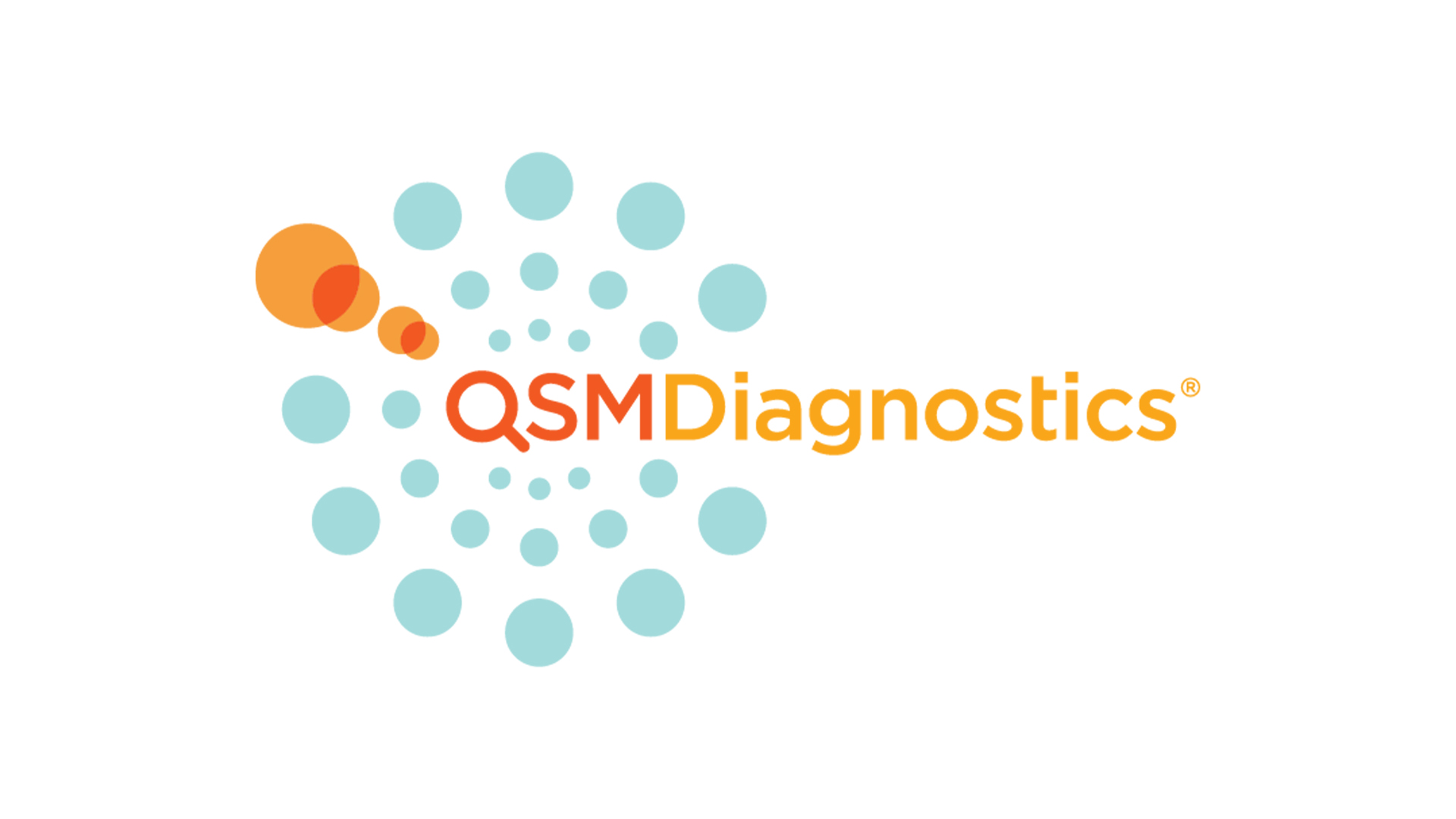Patented products from QSM Diagnostics help mitigate the spread of bacterial infections by making testing faster and easier.
QSM Diagnostics® is a world leader in the development of sensors and testing kits for low-cost, rapid identification and monitoring of bacterial infections. The company is initially focusing on animal health, but its proprietary technology can be used in various applications.
Scientific advances to detect bacterial infections
QSM Diagnostics is built on a foundation of innovative science and engineering.
Founder and CEO Dr Edgar Goluch started the company while he was a professor at Northeastern University after his team demonstrated that Quorum Sensing Molecules (QSMs) could be used as biomarkers for the detection and identification of bacteria in biological samples.
QSMs are produced by all living pathogens to coordinate multi-cellular activities among organisms in the same species. However, these insights about QSMs alone are not sufficient to create a successful company.
An interdisciplinary team of scientists and engineers has been working together at QSM Diagnostics to develop products that incorporate these scientific advances.
The result is two initial lines of products that allow veterinarians to identify the cause of infection faster and easier than ever so that better antibiotic stewardship can be employed.
Otter eQ In-Clinic Instrument
The team at QSM Diagnostics has extensive expertise in electrochemical sensing, which is the technology used in glucose meters. Measuring glucose levels from a drop of blood is one of the fastest and cheapest diagnostic tests available today. The team set out to develop an instrument that would measure QSMs from exudate and urine samples using the same sensing principles.
The result—QSM Diagnostics launched the Otter® eQ platform in 2021. The first test available for the Otter eQ measures the amount of pyocyanin, a QSM produced by the bacterial pathogen Pseudomonas aeruginosa.
According to a 2024 paper published in Science, Pseudomonas aeruginosa is responsible for over 500,000 human deaths annually, of which over 300,000 are caused by strains of bacteria that have antibiotic resistance. Only a few antibiotics remain that can stop a Pseudomonas infection.
Therefore, it is imperative that good antibiotic stewardship is employed to maintain their efficacy.
Pseudomonas does not only infect humans; it is also very common in dog ear infections. The team at QSM Diagnostics has tested hundreds of swabs from dog ears and demonstrated the accuracy of the Otter eQ for detecting this pathogen.
This simple instrument allows veterinarians to confirm and track Pseudomonas infections in dogs, which results in better antibiotic stewardship that helps humans as well. Based on QSM biomarkers, QSM Diagnostics has several additional bacterial sensors currently in development.
FetchDx Mail-In Testing Kits
While the ability to identify bacteria and antibiotic resistance quickly in an animal hospital is critically important, an increasing number of pet owners are having difficulty getting animals to be seen by a veterinarian. There are multiple reasons for this growing problem. For some pet owners, it is cost.
For others, it is a physiological challenge that either the pet owner or the animal faces. Increasingly, though, there is a lack of clinics, particularly in rural and low-income areas. That is why QSM Diagnostics developed FetchDx Mail-In Testing Kits as an innovative solution for veterinarians to expand access to care for clients across the United States and Canada.

The team has developed new ways to collect urine samples that are less stressful for cats, dogs, and their owners. Transporting urine, swabs, and faecal samples to a laboratory for analysis has also been extensively tested.
These innovations, coupled with the latest bacterial diagnostic testing methods and instruments, allow veterinarians to receive accurate laboratory results that aid in the diagnosis and monitoring of infections and other health issues in situations where samples cannot be collected at a clinic.
Areas of expertise
- Electrochemical sensor development and manufacturing
- Veterinary and animal health diagnostics
- Testing for bacterial infections
Research interests
- Antimicrobial stewardship policy and implementation
- Innovative approaches for improving access to care
- Identification and measurement of quorum sensing molecules in microbes
- Clinical and industrial microbiology


